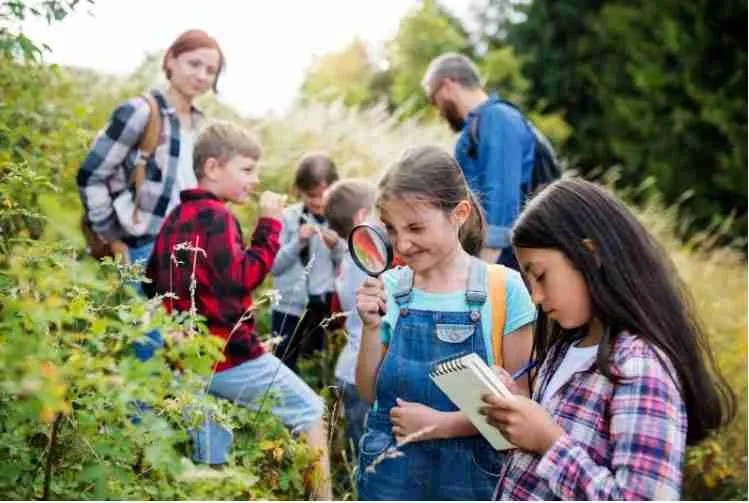
Prof. Chinyere Ohiri-Aniche, the President of Linguistic Association of Nigeria (LAN), on Tuesday in Abuja, said about 400 Nigerian indigenous languages were endangered.
Ohiri-Aniche made the disclosure at the UNESCO International Mother Language Day Celebration organised by the Ministry of Education in collaboration with LAN entitled; “Local Languages for Global Citizenship: Spotlight on Science.’’
She said the languages were endangered due to past neglect and denigration, adding that some languages had already become extinct, while 152 languages were on the verge of being extinct.
“Our greater concern however is that our languages are not being handed over to children in homes and schools.
“Researches show that on the average, 25 per cent of children below 11 years are unable to speak their parent’s indigenous language.
Similar Posts:
“If this trend is not checked, then Nigerian languages will be in extinction in two to three generations, that is in 50 to 75 years time.’’
She called on stakeholders, schools, telecommunication agencies, media establishments, UNESCO and other international organisations to take drastic actions to prevent the death of indigenous Nigerian mother tongues.
According to her, parents must learn to speak to their children in the indigenous language.
She also called on schools to ensure that every child was taught his or her mother tongue in primary and secondary schools as prescribed in the National Policy on Education since 1977.
Ohiri-Aniche said that the Ministry of Education and the Nigeria Educational Research and Development Council should reinstate Nigerian languages as core subjects in the senior secondary school curriculum.
She said that the federal and states ministries of culture and national orientation should also promote entertainment and other cultural activities in Nigerian languages.
The LAN president urged the National Assembly and state houses of assembly and other stakeholders to urgently convene a National Language Policy Summit.
The summit, she noted, would provide a forum where Nigerians would decide if indigenous languages should be allowed to die or be safeguarded.
“The summit will also lead to the enactment of a comprehensive national language policy for Nigeria,’’ she added.
Ohiri-Aniche said that the association believed that with the right political and popular will, Nigerian languages would be pulled back from the brink of extinction.
“They will go on to regain their vibrancy and once more, play their rightful roles in all aspects of our individual and collective lives, right into the 22 century,’’ she said.
She commended UNESCO for exposing the challanges facing Nigerian indigenous languages.
Hassana Halidu, the Regional Representative of UNESCO, said the celebration of the day was important in order to educate Nigerians on the use of mother tongue.
Halidu urged the Federal Government to revitalise the use of indigenous languages in schools as a way of creating peace and harmony in the country.
She said UNESCO would be partnering with the ministry and other stakeholders to revitalise the use of indigenous languages in the country. (NAN)



